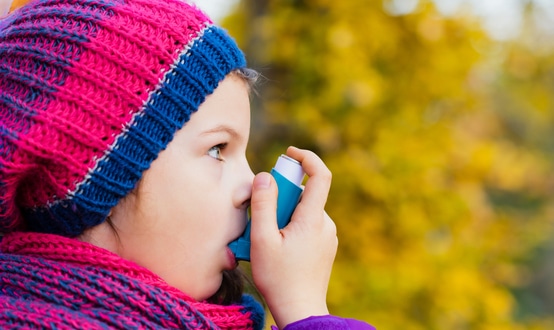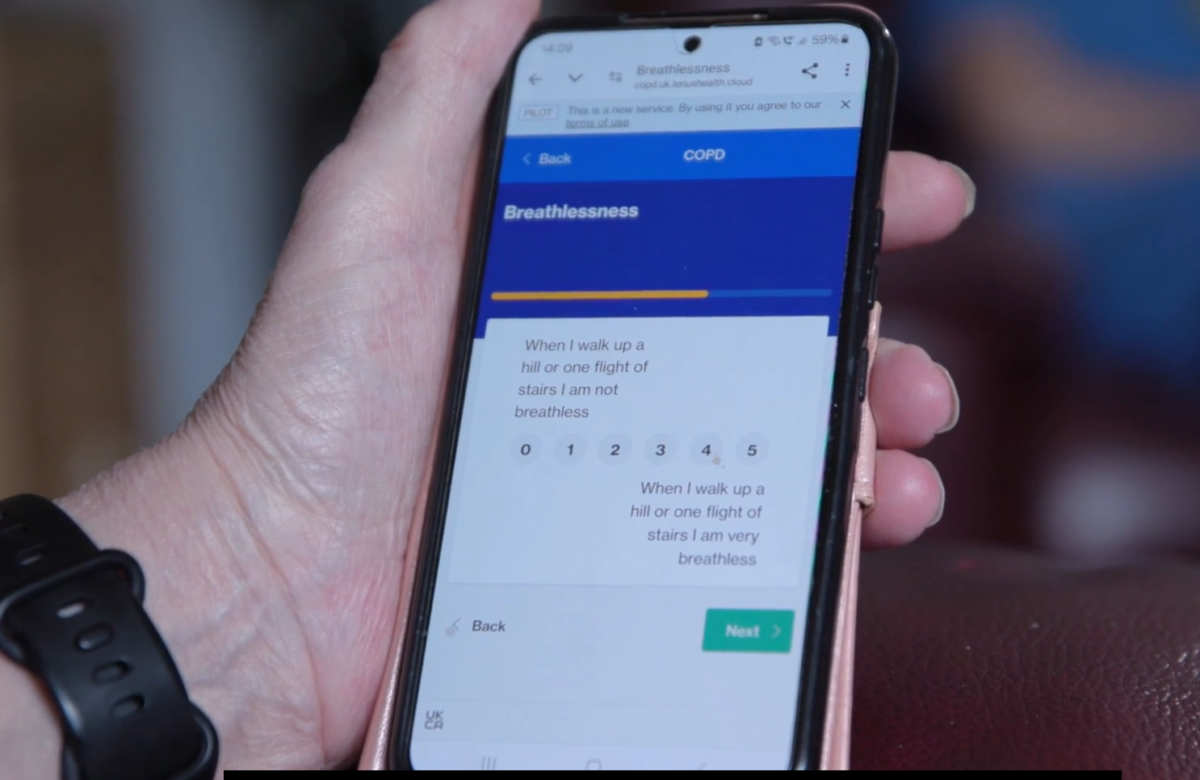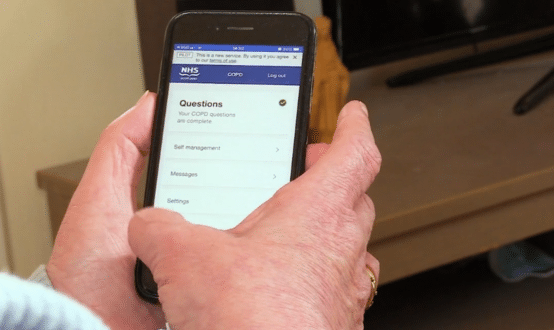Nottingham University Hospitals studies use of N-Tidal device
- 13 March 2024

Nottingham University Hospitals NHS Trust is working with the University of Nottingham on a pilot study investigating the use of the N-Tidal device to diagnose and monitor respiratory conditions in children.
N-Tidal is a handheld, easy-to-use device that was developed by TidalSense. It aims to make it easier and more accessible to diagnose and monitor breathing difficulties in young children, addressing a critical challenge in paediatric respiratory care.
The study is funded by Small Business Research Initiative (SBRI) Healthcare and will involve 75 children in Nottingham who are under five and have asthma and viral wheeze, with and without breathing difficulties.
Researchers are looking to discover whether the N-Tidal device can detect changes in the lungs associated with airway obstruction. Typically, spirometry is used to diagnose asthma and viral wheeze, which can be challenging to perform on young children, who are less able to do the breathing manoeuvres required.
Difficulties obtaining accurate data when using spirometry, can lead to delayed diagnoses, and unnecessary healthcare costs associated with prolonged hospital stays and additional treatments.
Dr Ameera Patel, CEO of TidalSense, said: “Young children with suspected asthma are a big underserved population. Current diagnostic methods, such as spirometry, are very challenging to use in paediatric populations, hindering accurate and timely diagnosis.
“As it only requires relaxed breathing, making it significantly easier to administer, N-Tidal could bridge this gap, leading to improved diagnosis, earlier intervention and, ultimately, better outcomes for children with breathing difficulties. This pilot study is an important step in realising this potential and addressing a long-standing need in paediatric respiratory care.”
N-Tidal uses capnography, already widely used in acute and critical care, to measure CO2 levels, during normal breathing patterns.
The study will explore whether the CO2 data collected using N-Tidal can measure if there is airway obstruction in the lungs of young patients with asthma and viral wheeze, and how severe it is.
If successful, the results of the study could lead to the validation of N-Tidal as a novel diagnostic test for asthma in children, or a better way of monitoring the conditions. Researchers also intend to explore its potential impact on healthcare delivery and sustainability, with a focus on improvements in clinical pathways, accessibility and cost effectiveness.
Dr Andrew Prayle, clinical associate professor in paediatric respiratory medicine at the University of Nottingham and lead investigator of the pilot study, said: “We are extremely excited to be a key partner in this project. Asthma affects one in 10 children, and all clinicians would agree that we need better tools for diagnosing and monitoring asthma in childhood.”
N-Tidal is already undergoing assessment for its use in adults with chronic obstructive pulmonary disease (COPD). In August last year a trial commended in Oxford, while in November TidalSense announced it had secured new funding to test 1,200 people in Hull who had suspected COPD.




